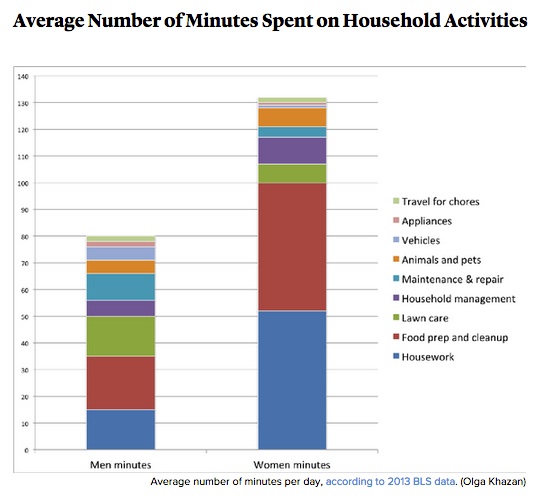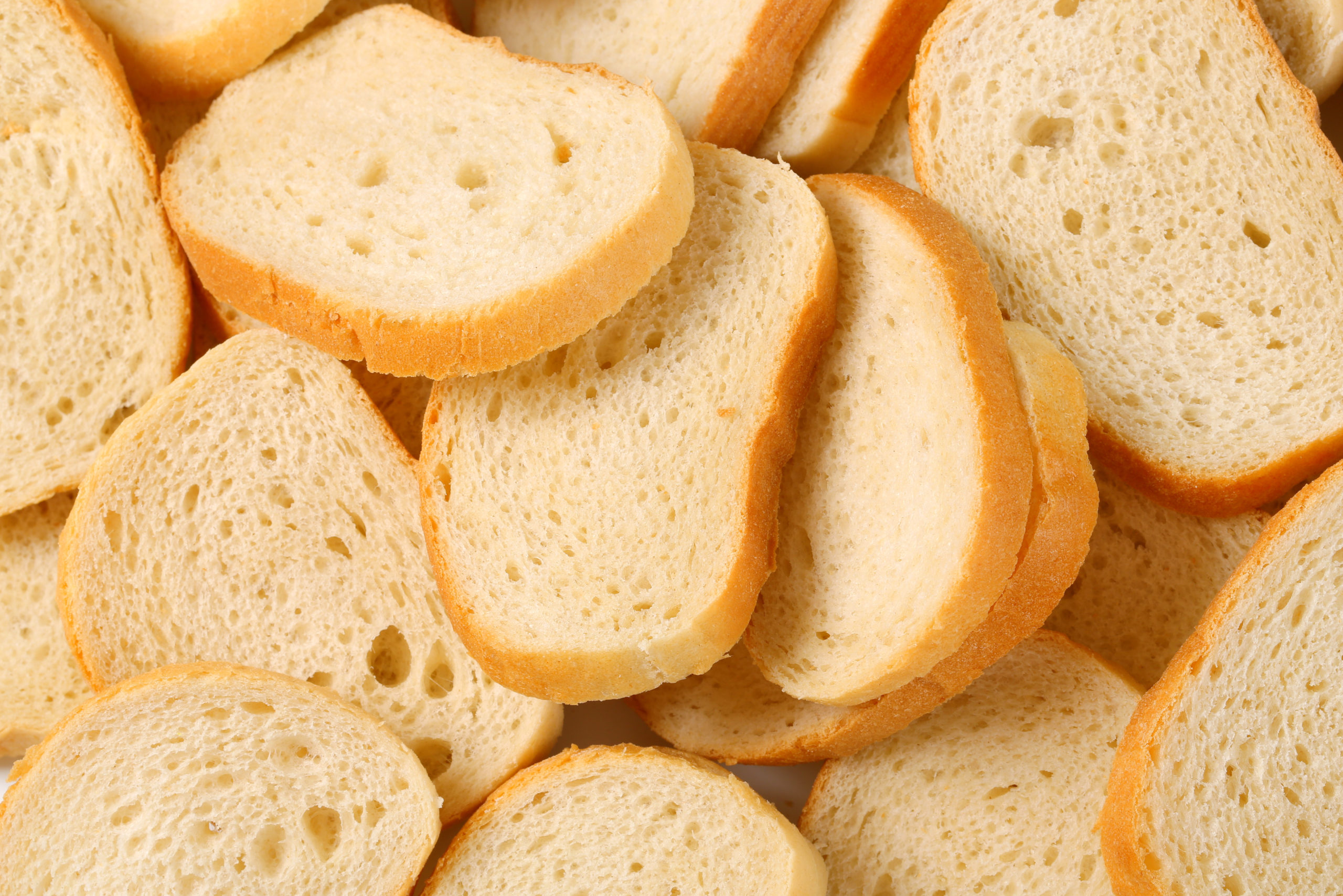
How the Trans-Pacific Partnership is About New Balance and Nike
May 20, 2015
The One Big Issue Where Economists Disagree
May 22, 2015Women should say “Thank you” to Wonder Bread.
Where are we going? To the impact of factory bread on women.
Housework History
In 1900, a typical housewife devoted 70 hours each week to her work at home. The laundry and cleaning each required seven hours, while meals and meal clean up occupied at least 44 hours. She also baked a half a ton of bread a year. Requiring at least an hour a week, her bread production was the equivalent of 1,400 loaves…until the Ward Baking Company.
Bread History
Hugh Ward was an Irish immigrant who started a bakery on NY’s Lower East side in 1850. Rather like Standard Oil, Ward’s firm drove many smaller bakers out of business as he increasingly dominated the commercial bread business. Similar also to the big trusts of the early twentieth century, his firm vertically integrated through the flour milling, yeast production, bakery equipment and transport network it controlled.
Meanwhile though, the country was ready for industrialized bread. Neighborhood bakeries were worrisome. Unsanitary and inconsistent, the local bread makers had a dark and dirty image. By contrast, Ward Bakers were known for their clean equipment and standardized product. Made with mechanical mixers, kneaders, loaf shapers and bread wrappers, loaves of Ward bread evoked a picture of glistening equipment.
Sliced factory bread also represented cutting edge progress (sorry-could not resist). First used in 1928 in Chillicothe, Missouri,”The Home of Sliced Bread,” sliced bread was an instant success. As one newspaper explained, housewives felt a ‘ “thrill of pleasure” when they saw each perfect slice.
In 1929 the Ward Baking Company became Wonder Bakeries and soon was selling pre-sliced packaged loaves of Wonder Bread. Bread making had moved from the kitchen to the factory and the rest of the story is household chore history.
From a 1900 total of more than 70 hours a week, you can see we have come a long way.

From: The Atlantic
Our Bottom Line: Industrialization
Described by Stanley Lebergott in Pursuing Happiness, the American woman was able to leave the kitchen because of Henry Heinz, Gustavus Swift, and Joseph Campbell. In addition to factory food, hot water, central heating, vacuum cleaners, washing machines and refrigerators diminished the time women spent on household chores.
So yes, many of us look down on Wonder Bread. And we may not have cared that it disappeared from supermarket shelves after Hostess Brands’s bankruptcy.
But now we should be smiling because Wonder Bread returned in 2013.
![econlifelogotrademarkedwebsitelogo[1]](/wp-content/uploads/2024/05/econlifelogotrademarkedwebsitelogo1.png#100878)




